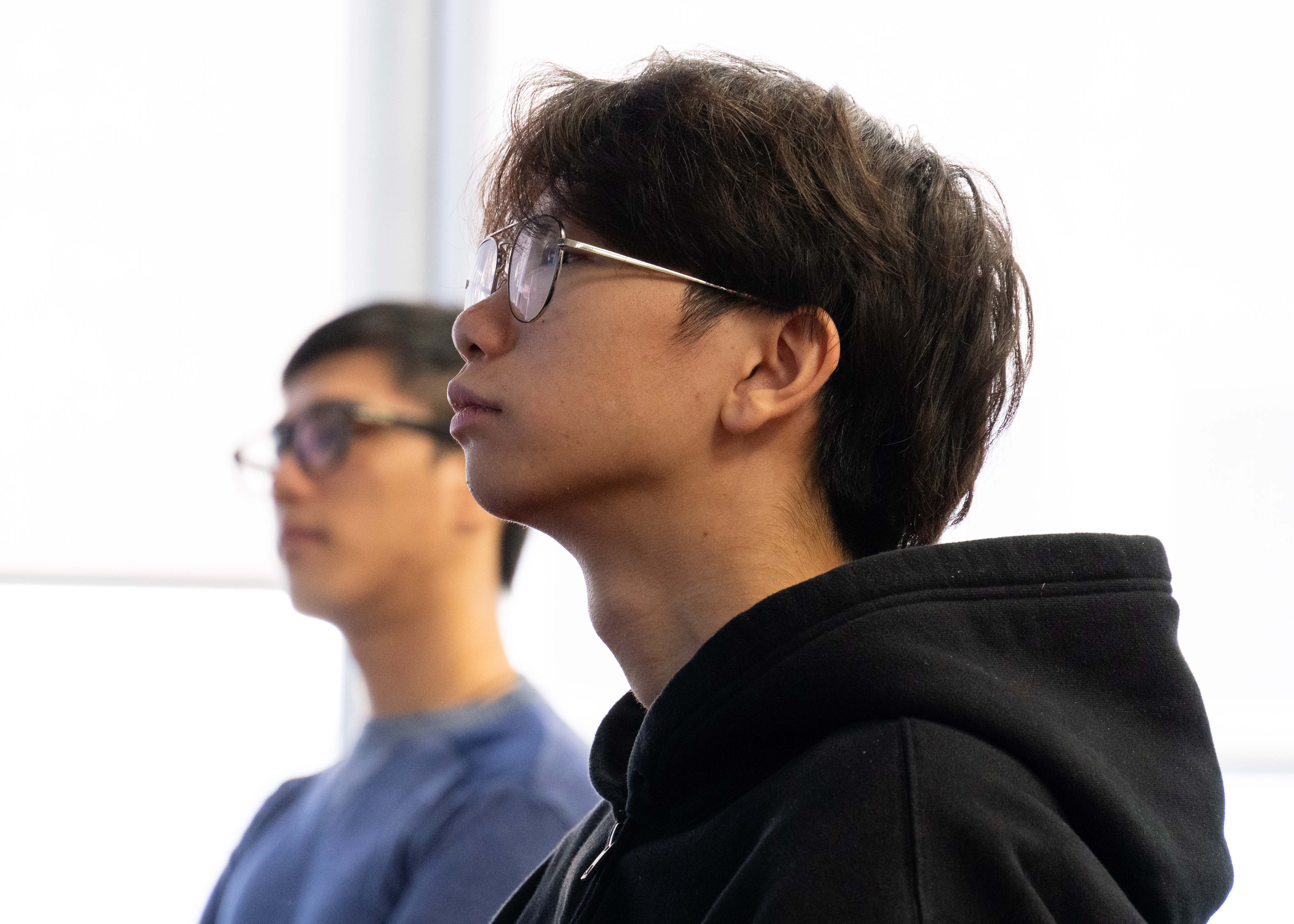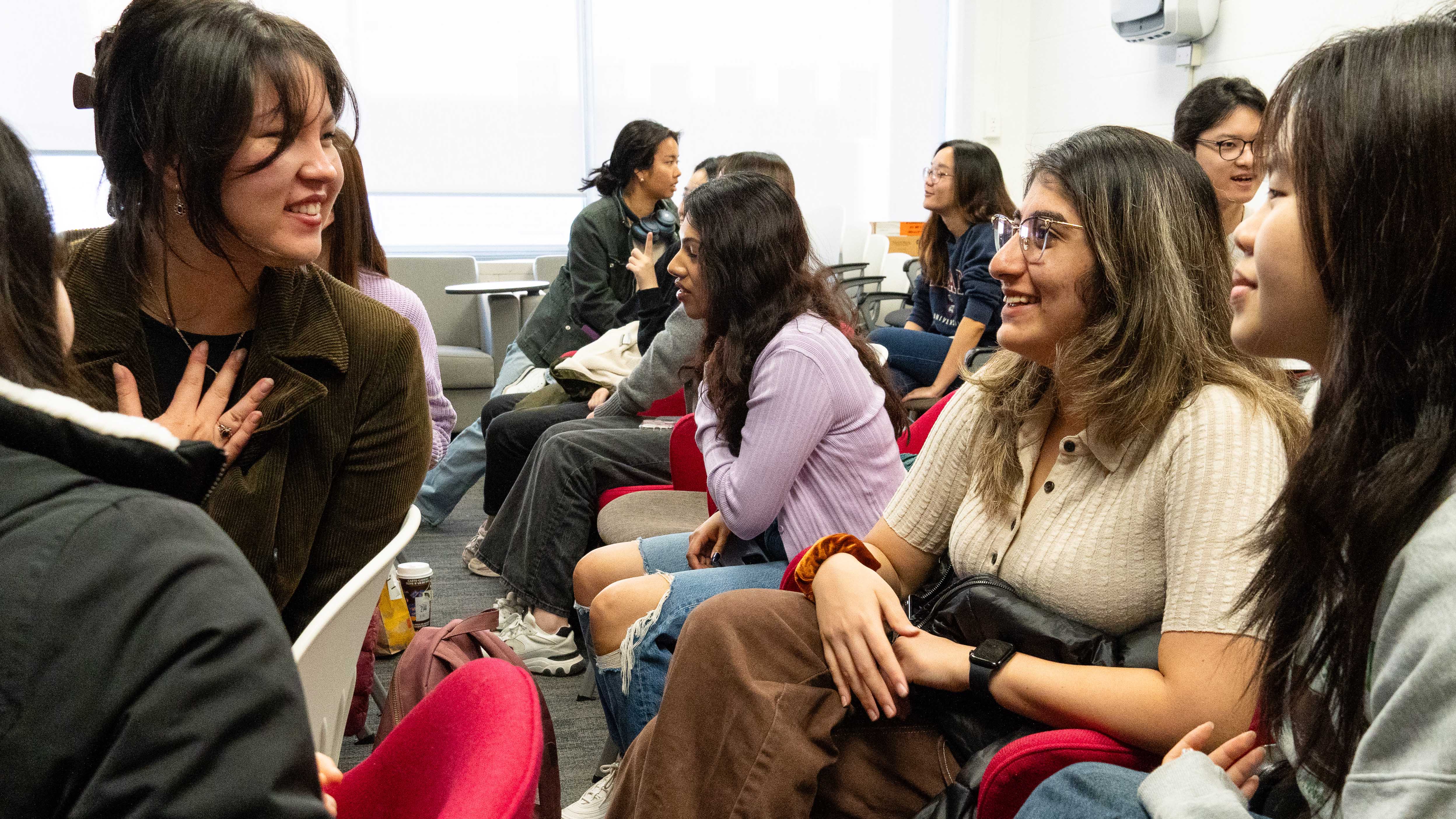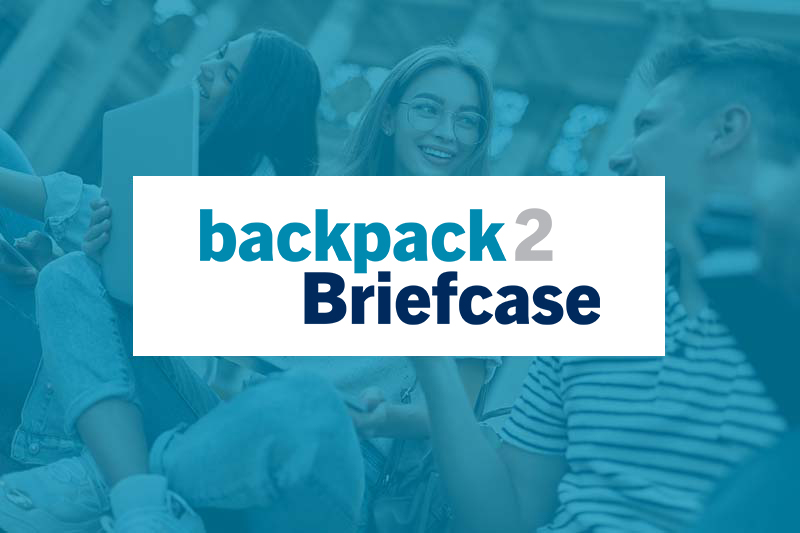
Psychology is the study of the mind. Psychological scientists research the thoughts, feelings, and behaviour of humans and other animals.
Established in 1927, the Department of Psychology at the University of Toronto's St. George campus is consistently ranked number one in Canada, and among the top 25 in the world. The expertise of our faculty spans all major areas of Psychology and a wide range of approaches to the study of the mind, brain, and behaviour.
We have a number of program options for Psychology (e.g., Minor, Major, Specialist, Research Specialist), as well as some cross-disciplinary programs.
While pursuing your degree in Psychology, you will learn things that will help you understand yourself and the people around you. You will gain the ability to research, reason, and critically evaluate data and information. You will also improve your communication skills and enhance your employability.
Our courses include behavioural neuroscience, clinical science, cognitive psychology, cognitive neuroscience, computational neuroscience, developmental psychology, human and animal learning, perception, personality psychology, psychopathologies, and social psychology.
How to Apply
High school students that are interested in studying Psychology at the University of Toronto should apply to the Life Sciences admission category at the St. George campus. Admission to all Psychology programs requires six Ontario Grade 12 U or M courses, including English, Calculus, and Biology or equivalent courses taken outside of the province or at the college or university level.
U of T students apply to one of our programs after they have completed a minimum of 4.0 full-course equivalents (FCEs) at the university level, from U of T or at another institution, usually after their first year of study. First-year students at U of T must take PSY100H1: Introductory Psychology in the Fall or Winter term and exceed the yearly grade requirement listed in the Arts & Science Calendar to be considered for admission.
All Psychology program have limited capacity and admission is not guaranteed. We encourage students to have a parallel plan when choosing their program of study.
Please visit University Admissions and Outreach for information about applying to U of T. Additional information for future students is also available through Faculty of Arts & Science.

Calculus and Biology Requirement
Psychology is a Life Science program at the University of Toronto.
Ontario students applying to Life Sciences for Psychology at St. George campus must have completed MCV4U (Calculus & Vectors). In addition to Calculus, SBI4U (Biology) is required for all Psychology programs for all students who enrolled at U of T in the fall of 2019 or later.
Students who did not attend high school in Ontario must complete the equivalent course(s).
How to Get Involved
There are countless ways for U of T students to get involved in clubs, associations, and communities on-campus. Visit U of T Student Life for tips on where to start.
In the Department of Psychology, we encourage students to attend events and participate in initiatives organized by the Psychology Students' Association, and get involved in their projects. You can also join the Psychology Undergraduate Research Community to learn many of the skills you might gain working as a research assistant.
Summer Psychology Research Initiative (SPRINT)
Can't wait to get started? The University of Toronto Summer Psychology Research Initiative (SPRINT) is a free summer program for high school students in Ontario to learn about a broad range of topics in the study of Psychology and gain research experience. The program has two streams: Lecture and Research.
Lecture Stream participants will be introduced to Psychology as a scientific research discipline, whereas Research Stream participants will build upon the knowledge and develop a group research proposal under the guidance of undergraduate and graduate student mentors in various fields of Psychology.
Hands-On Learning Opportunities
Psychology students can apply to be a part of several programs that offer hands-on learning opportunities and ways to grow their networks.

First-Year Learning Community (FLC)
The Psychology First-Year Learning Community (FLC, pronounced "flick") will provide you support to improve your first-year experience at U of T, help you learn different skills to succeed in your academic journey, and develop a community with other students, staff, and faculty members in the Department of Psychology.
Arts & Science Internship Program
The Arts & Science Internship Program (ASIP) is a co-op program that enables eligible students to combine 12 to 20 months of paid, full-time work experience with specialized professional development training.
Research Opportunities Program
The Research Opportunities Program (ROP) offers course credit to second- and third-year students for participating in a professor's research project.

Backpack to Briefcase (b2B)
The Backpack to Briefcase (b2B) program is a valuable way for Faculty of Arts & Science students and recent grads to connect with experienced A&S alumni to learn about career paths available.

Alumni-Student Mentorship Program
The Alumni-Student Mentorship Program aims to support Psychology undergraduate students as they explore their career and educational options beyond graduation.
Alumni mentors share their experiences, insights and advice, enriching the student experience in a meaningful way.


